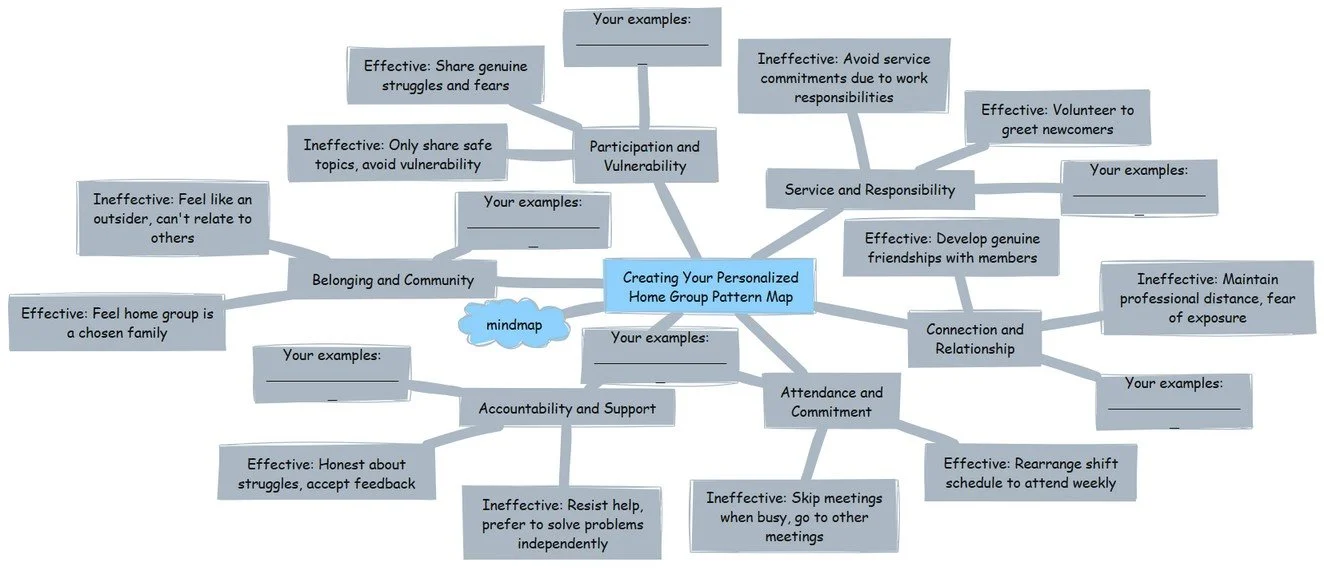
From Roll Call to Recovery
Sponsorship in recovery represents a fundamental departure from the hierarchical, authority-based relationships that characterize first responder work environments. While professional relationships often involve clear chains of command, specific protocols, and measured emotional distance, sponsorship requires mutual respect, emotional honesty, spiritual openness, and willingness to receive guidance from someone whose authority comes from experience rather than rank or position.
The sponsorship relationship serves multiple essential functions in recovery: providing accountability and structure for working through recovery steps, offering guidance from someone who has successfully navigated similar challenges, creating a safe relationship for practicing vulnerability and emotional honesty, serving as a bridge between isolation and community connection, and modeling healthy ways of asking for and receiving help. For first responders, these functions can feel particularly foreign and challenging due to professional conditioning that prizes independence and self-sufficiency.
Effective sponsorship utilization requires developing skills and attitudes that may conflict with professional training: frequent communication that involves regular, honest sharing about struggles and progress; vulnerability and authenticity that require revealing weaknesses and asking for help; receptivity to feedback and suggestions from someone without professional authority; willingness to follow guidance even when it feels uncomfortable or unnecessary; and commitment to working through structured recovery steps that may seem repetitive or overly detailed.
The resistance that many first responders experience toward sponsorship often stems from legitimate professional concerns about maintaining authority and competence in work settings while developing humility and receptivity in recovery settings. Learning to navigate these different relationship styles—professional hierarchy at work and mutual respect in recovery—requires understanding that each serves important functions in their respective contexts.
Understanding how to maximize sponsorship potential while maintaining professional effectiveness becomes crucial for first responders who need both career success and recovery stability. This assessment helps identify patterns of resistance, avoidance, or ineffective utilization while building capacity for authentic sponsorship engagement that supports long-term recovery success.




